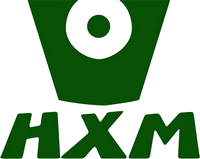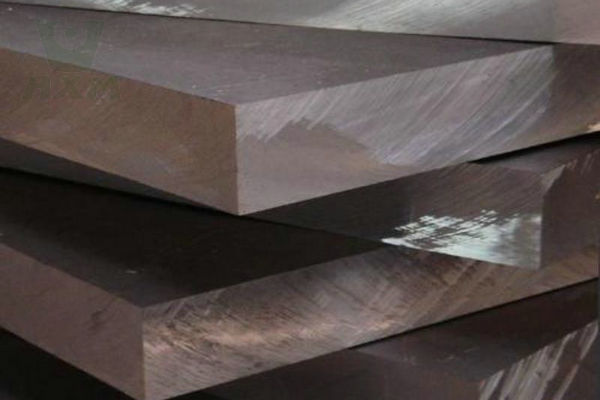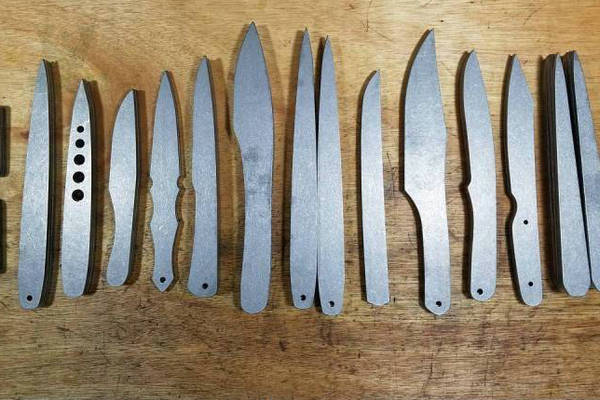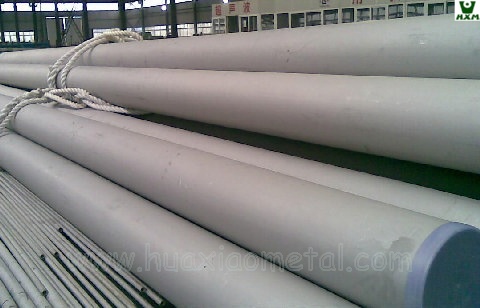
We will provide an in-depth analysis of what is Schedule 40 pipe, its uses, and features, and provide readers with considerations for choosing the appropriate piping material.
Next, let’s explore the world of Schedule 40 plumbing, its wide range of applications in industry and construction, and its unique features and benefits. Whether you are an industry practitioner, a student, or a reader interested in this topic, this article will provide you with in-depth insights and valuable knowledge. let’s start!
What is Schedule 40 Pipe?
Before we dive into the applications and features of Schedule 40 pipelines, let’s first clarify what is Schedule 40 pipe. Schedule 40 pipes is a steel pipes of a specific thickness specified by a standard for the transport of liquids and gases in industry and construction.
Schedule 40 pipes is a widely used pipe classification system that helps people distinguish between grades of different pipe thicknesses. In this system, the thickness of the pipe is referred to as the “Schedule”, where the number 40 indicates the grade of pipe thickness. Generally, the higher the number, the thicker the pipe will be. Schedule 40 pipe, has a relatively high thickness and is therefore considered a thicker type of piping.
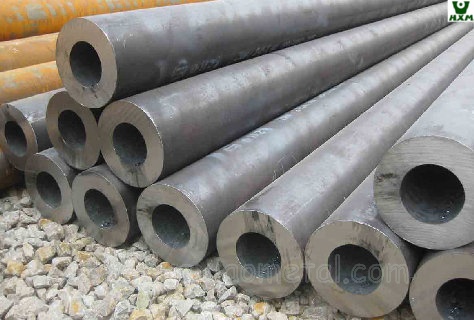
By using a standardized pipe thickness classification system, such as Schedule 40, one can ensure that the pipe used in industrial and construction projects meets specific codes and requirements. This helps to ensure that the pipeline can withstand the required pressure in high and low-pressure environments and guarantees the safety and reliability of the pipeline system.
Schedule 40 pipe is usually made of high-quality steel for good durability and strength. They are used for the transfer of a wide variety of liquids and gases, including water supplies, chemicals, oil and gas, and more. By selecting the proper Schedule 40 steel pipe, one is able to meet the needs of various industrial and construction projects and ensure the efficient operation of the piping system.
Now that we understand the definition and basic concepts of Schedule 40 pipe, let’s explore its wide range of applications and why it is the piping material of choice in many industries.
Applications of Schedule 40 Pipes
Schedule 40 steel pipe has a wide variety of applications in industrial and construction projects, and its diverse capabilities make it the piping material of choice in many industries. Here are some common uses for Schedule 40 steel pipe:
Water Supply Systems:
Chemical Plant:
HVAC Systems:
Oil and Gas Industry:
Industrial Processing:
Overall, Schedule 40 tubing is very versatile and finds use in many different industries and applications. Whether in construction, manufacturing, chemical, or energy, they meet complex piping needs and provide safe, reliable material transfer and fluid control solutions.
By understanding the purpose of the Schedule 40 tube, we further understand its importance and usefulness. Next, we’ll explore the features and benefits of Schedule 40 pipe to see why it’s the piping material of choice for many industries.
Features and Benefits of the Schedule 40 Pipe
Schedule 40 pipe has several features and benefits that make it the piping material of choice in many industries. Here are some of the key features and benefits of Schedule 40 tubes:
Corrosion Resistance:
Schedule 40 pipes are generally made of high-quality steel, which has excellent corrosion resistance. This allows them to withstand a wide variety of aggressive liquids and chemicals, including acids, bases, salts, and other aggressive solutions.
High Strength and Reliability:
The thickness and material selection of the Schedule 40 tubing gives it exceptional strength and reliability. They are able to withstand the stress of high-pressure and high-temperature environments, maintaining the integrity and stability of piping systems.
Compression Resistance:
Due to its thicker wall thickness, Schedule 40 tubing has a high resistance to compression. This makes them suitable for transporting liquids or gases under high pressure, ensuring the safe operation of piping systems in applications with high-pressure requirements.
Easy to Install and Maintain:
Schedule 40 tubes are designed for easy installation and maintenance. Its standard size and connection interface make the assembly and disassembly process of the pipeline easier, reducing the time and cost of installation and maintenance.
Long Service Life:
Due to its corrosion resistance, high strength, and reliability, Schedule 40 tubing has a long service life. Once properly installed and maintained, they can provide reliable service for years or even decades.
Code Compliance:
Schedule 40 tubing complies with relevant industry standards and codes. This ensures the quality and performance of the pipe, enabling it to meet the requirements of a specific application and comply with standards for safety and reliability.
Overall, Schedule 40 pipe offers a range of advantages including corrosion resistance, high strength, reliability, and long service life. These features make it the preferred piping material for a wide range of applications in various industrial and construction projects. Whether in harsh environments or in high-pressure, high-temperature applications, Schedule 40 tubing provides reliable performance and long-lasting service.
Considerations for Selecting a Schedule 40 Pipe
When selecting the proper piping material, consideration of various factors is critical to ensuring the success and reliability of your project. When it comes to choosing Schedule 40 tubing, here are some factors to consider:
Application Requirements:
First, it needs to be clear what application the pipeline will be used for. Different applications may have different requirements for the pressure-bearing capacity, corrosion resistance, and temperature requirements of the pipeline. Make sure that the Schedule 40 pipe selected can meet the needs of the specific application to ensure the smooth operation of the piping system.
Environmental Conditions:
Environmental conditions are one of the important factors in selecting the appropriate piping material. Consider the environment the pipe will be in, such as high temperature, low temperature, wet or corrosive environments, and choose a Schedule 40 pipe material with the appropriate resistance.
Material Selection:
Schedule 40 pipes are usually made of steel, but in some cases, other materials such as stainless steel or copper are also available. According to specific needs, choose the appropriate pipe material to ensure that it has the required strength, corrosion resistance, and other properties.
Size and Wall Thickness:
Schedule 40 tubing exists in different sizes and wall thickness options. Depending on the pressure requirements of the application and the flow requirements of liquid/gas, select the appropriate size and wall thickness to ensure that the piping system can withstand the required pressure and meet the fluid delivery requirements.
Compliance with Code:
Ensure that the Schedule 40 pipe selected complies with applicable industry standards and codes. This helps ensure the quality, safety, and reliability of the pipeline while avoiding possible compliance issues.
Cost-Effectiveness:
Considering the cost-effectiveness of piping is also critical for many projects. Evaluate different Schedule 40 Tube suppliers and prices, considering quality, performance, and price to choose the most cost-effective option.
To sum up, selecting the appropriate Schedule 40 pipe requires a comprehensive consideration of application requirements, environmental conditions, material selection, size and wall thickness, code compliance, and cost-effectiveness. Ensure the reliability, safety, and long-term performance of your piping system by ensuring that your project needs are met through proper piping selection.
In Conclusion
To sum up, Schedule 40 pipe as a quality piping material, its definition, usage, characteristics and selection factors are essential to understand its importance in industrial and construction projects. By understanding and applying this knowledge, we are able to make informed decisions and ensure that the appropriate Schedule 40 pipeline is selected for the needs, resulting in project success and reliability.
